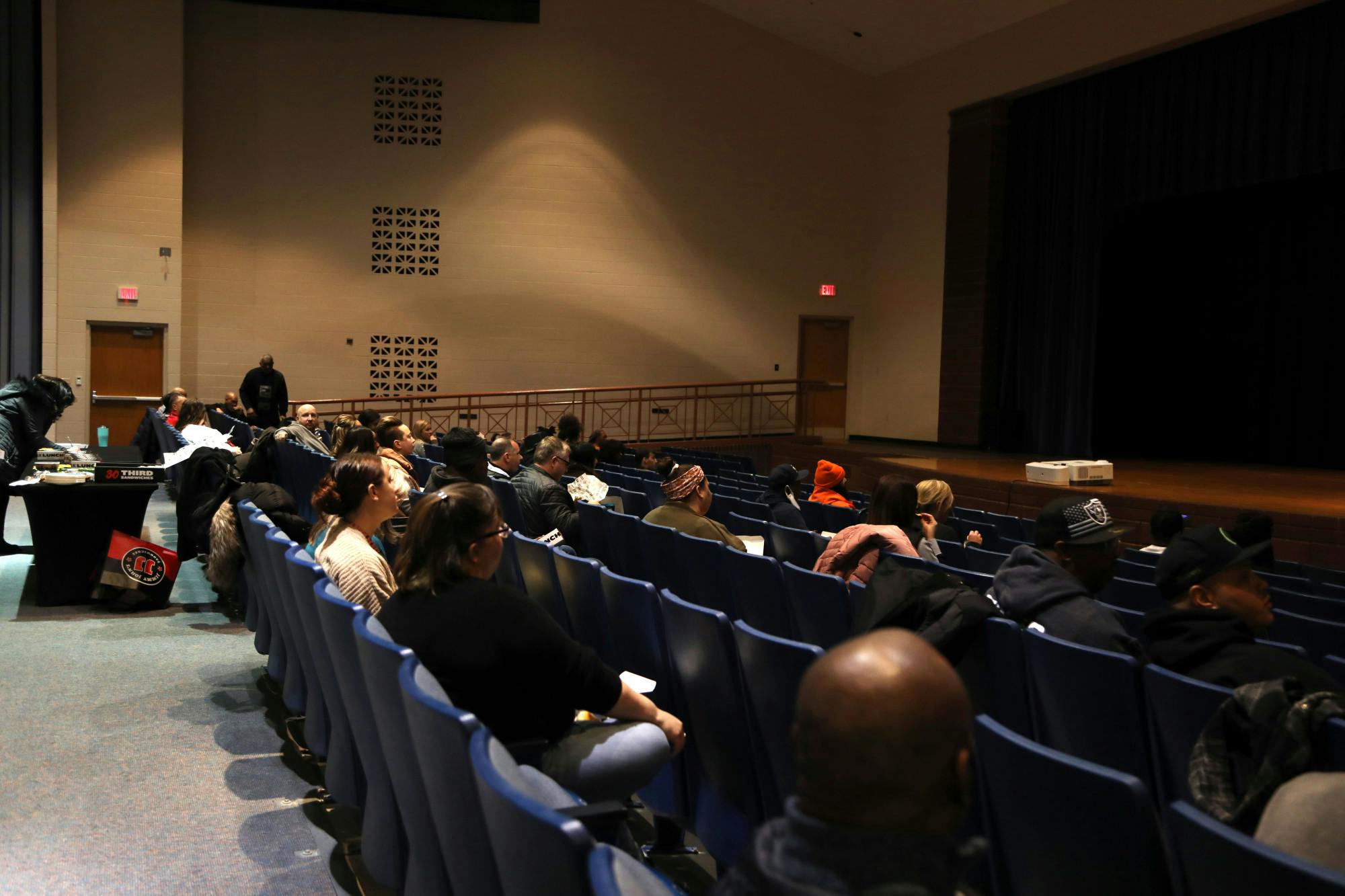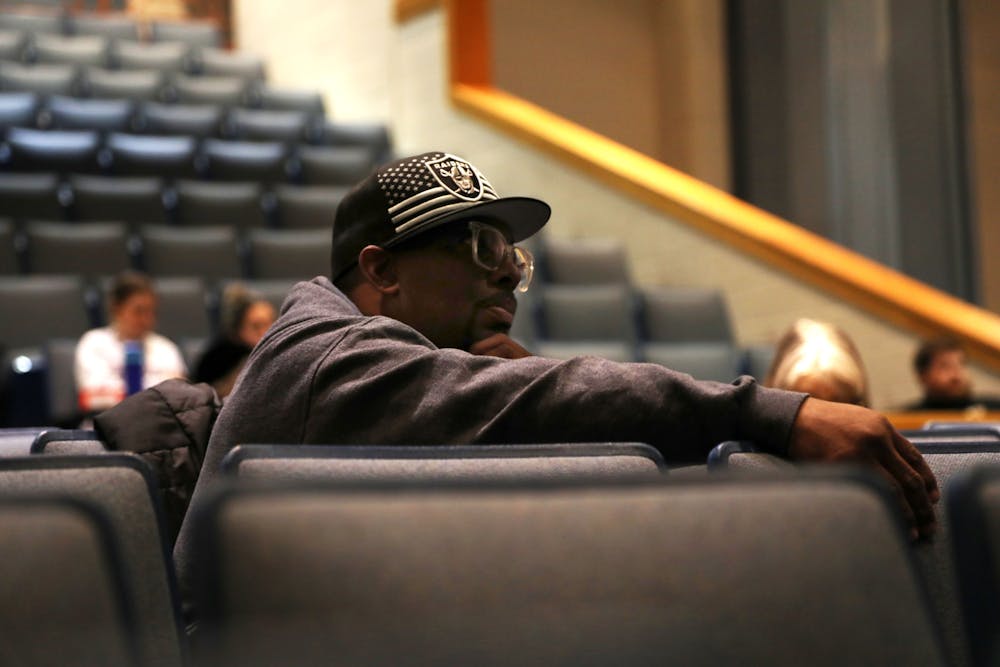When Troy Malone’s three year correctional sentence was up in 2003, he was certain of one thing: The life that led him there was not the life he wanted to live.
“You’ll see what life is really about when your kids are crying and have to come visit you in a glass,” he said.
Leaving the system, Malone immediately wanted to get his life back in order and used what he learned to get on the right path.
“I’ve been shot three times, I’ve been stabbed six times. The whole street thing that these youngsters think is life? I have been there and done that,” Malone said. “All I ever got out of it was heartache and pain.
The stuff I have now? My life, my house that I bought? This came from me going to get my butt up and going to work every day,” he continued. “I didn’t have what I have now when I was hustling.”
Now, Malone and a group of Muncie community members are looking to combine life experience and certified training to change the perspective on working with youth in the correctional system.
According to the Annie E. Casey Foundation website, which supports the Credible Messenger Mentoring Movement (CM3), the movement helps establish training that allows community members across the country to learn from each other to hone what works when it comes to supporting youth involved in the justice system.
Malone said it took somebody believing in him to open his eyes to how he could help mentor youth. That somebody was Niel Kring, a pastor with Urban Light Community Development.
“By doing this work of training credible messengers for employment in communities are able to both interrupt gun violence, create safety, wrap kids up into networks of relationships that are positive, all those sorts of things,” Kring said.
In addition to the Credible Messenger training, Kring said the group is focused on keeping the momentum going.
“Another thing that we are doing is continuing to hold community conversations around these topics to keep sort of synergy going and kind of build more of a movement around issues related to safety, economic development, gun violence and prevention and youth engagement,” he said.

The Credible Messenger training was given by the Academy for Transformation Change (ATC) in the Fall of 2023 to several community group leaders around Muncie including the Muncie Community Schools administration.
“We’re trying to form these power teams to help these youth have some leadership in all aspects of life. Right now, we have 10-year-olds carrying guns and using drugs in school,” Malone said. “We’re trying to see what we can do to show them a better way.”
Joy Rediger is the executive director of Urban Light Community Development, which helped support these community gatherings to facilitate conversation and planning. She said the lived experience aspect of the program is what was most appealing to her.
“Folks that have lived experience with the justice system are now going back out and being credible messengers—or mentors if you will—to those youth, and connecting with them,” she said.
While many credible messengers have been incarcerated or involved in gangs, the movement recognizes a range of direct and indirect experiences of marginalization and involvement.
However, the movement for something bigger — building a better community in Muncie — began in May 2022, according to Rediger. The core leadership started meeting and most of the year was spent simply identifying the need in the community with a bit of research into the Credible Messenger Model.
“We applied for a state grant in the fall of 2022 but didn't get it, and honestly we probably weren't ready for it,” Rediger said via email. “We used 2023 to better introduce ourselves to the Credible Messenger Model and were able to secure funding to bring in a Credible Messenger training from a great organization out of Maryland called ATC, Academy for Transformational Change.”
Members of Muncie Community Schools (MCS), who were present at the October meeting, were open and appreciative of new ideas to bring into schools given the current issues following the COVID-19 Pandemic, according to Rediger.
Malone said schools are quick to expel and suspend students with behavioral issues, rather than looking for mentorship and rehabilitation, which leaves students with nowhere to go during the day.
Rediger said that MCS leadership is looking to change that course.
“Our goal would be to have a partnership where credible messengers are working in the school systems alongside students,” she said. “Right now there are some barriers to getting some folks that have criminal justice backgrounds into the school systems, but they are open to figuring out how to do that.”
While Rediger’s team is still in the grant-writing phase of the project, they would like to install two credible messengers in the Muncie community in 2024.
“It's our hope to have a program that would operate with the Credible Messenger model for youth 10-17 years old,” Rediger said via email. “Ideally, we would hope to have funding to hire four part-time Credible Messenger mentors and a part-time supervisor to operate the program.”
Contact Daniel Kehn with comments at daniel.kehn@bsu.edu or on X @daniel_kehn.





The Daily News welcomes thoughtful discussion on all of our stories, but please keep comments civil and on-topic. Read our full guidelines here.